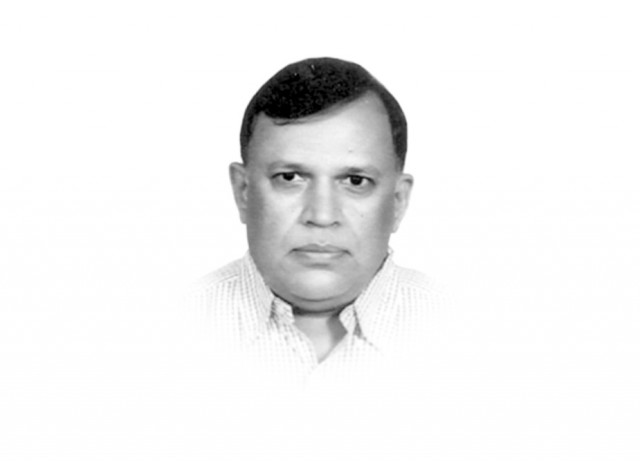Punjab and the Pakistan movement
As Pakistan marks Independence day, it faces a political disconnect between the ruling political elite and the people.

While the political awakening for a separate identity had started in Bengal, it gained momentum in Punjab, under the dynamic leadership of Allama Iqbal. In Punjab, a Muslim-majority province, the Unionist Party, a conglomerate of Muslim and Hindu feudals was in power. Towards the end of 1926, Muslim leaders in Punjab decided to unite on one platform and reconstitute the Punjab provincial Muslim League. It was headed by Sir Mohammed Shafi, with Dr Muhammad Iqbal as general-secretary and Malik Barkat Ali as propaganda secretary. On 12 April 1936, the All India Muslim League, in its session held in Bombay, authorised Jinnah to formulate a Central Parliamentary Election Board, in order to rally round Muslim opinion to contest the approaching elections. Jinnah came to Lahore on April 29, 1936, to organise the Punjab Provincial Election Board. He approached Mian Fazale Hussain, the leader of the Unionist Party, to extend support to Muslim League candidates in the forthcoming elections, but he declined.
In October 1936, the Punjab Muslim League had invited applications for those seeking tickets for the forthcoming elections. It is an unfortunate fact of history that the Punjab Muslim League had its affiliation cancelled by a committee headed by Nawab Liaquat Ali Khan on April 5, 1936, to accommodate Sir Sikandar Hayat Khan. At the Lucknow session of the All-India Muslim League, held at Bombay in 1937, Iqbal proposed replacing 28 Unionists on the Council with dedicated Muslim League loyalists. A large delegation from Punjab had proceeded on the instructions of Allama Iqbal to attend this session. On 18 April 1938, the All-India Muslim League, in its session held at Calcutta, dissolved the Punjab Provincial Muslim League and reconstituted a new League with 25 pro-Sikander Hayat nominees and 10 belonging to the Iqbal faction of the League.
The Unionist Party had openly opposed the Muslim League in the June 1936 session held at Lahore. This disenchanted Muslim League loyalists, and brought to the fore the Unionists of Punjab, who were toadies of the British Raj. These remnants of the Raj continue to haunt the politics of Pakistan, especially of Punjab, even today.
Published in The Express Tribune, August 17th, 2010.














COMMENTS
Comments are moderated and generally will be posted if they are on-topic and not abusive.
For more information, please see our Comments FAQ